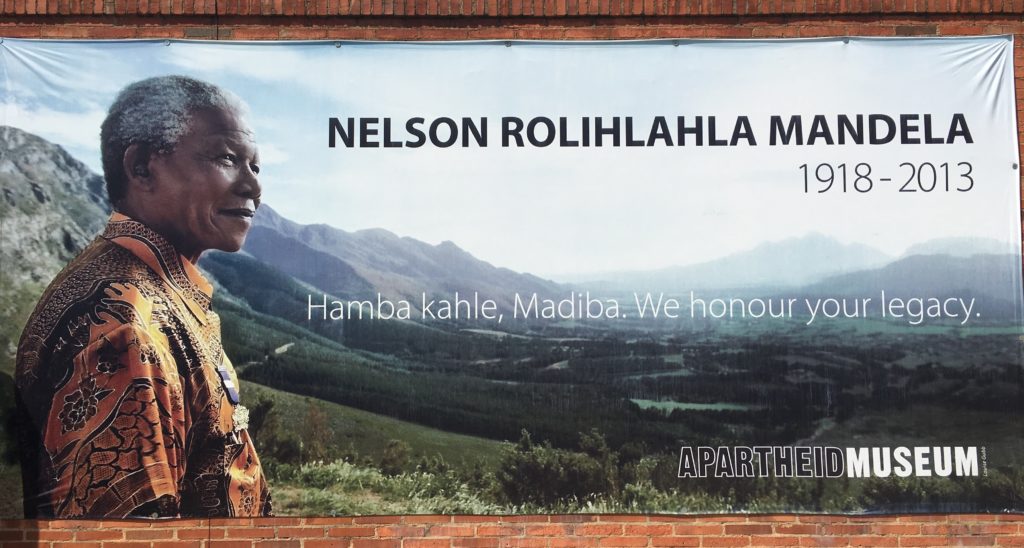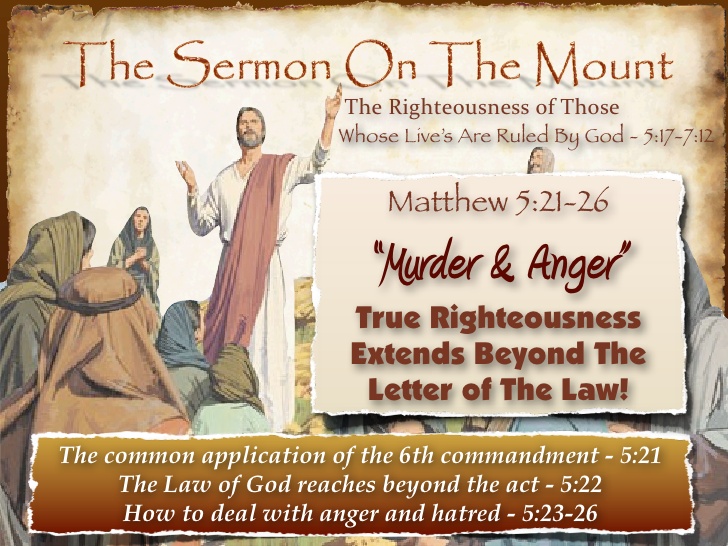
Last month, I had the privilege to serve as a keynote speaker for Work 2.0 Africa. My co-worker had long encouraged me to visit Africa and read Nelson Mandela’s autobiography, Long Walk to Freedom. I finished that 500-plus page work on the 24-hour trek from Houston, Texas to Johannesburg then read his Conversations with Myself on the trip home.
Mandela worked tirelessly for freedom and equality of black South Africans. In 1993, more than 50 years after his political career started with the African National Council’s Youth League and after spending 27 years in jail, he was awarded the Nobel Peace Prize along with South President F.W. de Klerk. The following year, Mandela was inaugurated as South Africa’s first democratically-elected President.
It’s a powerful story, and I enjoyed my visit to Johannesburg’s Apartheid Museum.
In September of last year, I attended Bob Nelson’s “Strategies for Recognizing and Motivating Your Workforce” at JSC. Shortly thereafter, I read his book Ubuntu! An Inspiring Story about an African Tradition of Teamwork & Collaboration.
Click here to learn more about Ubuntu!

